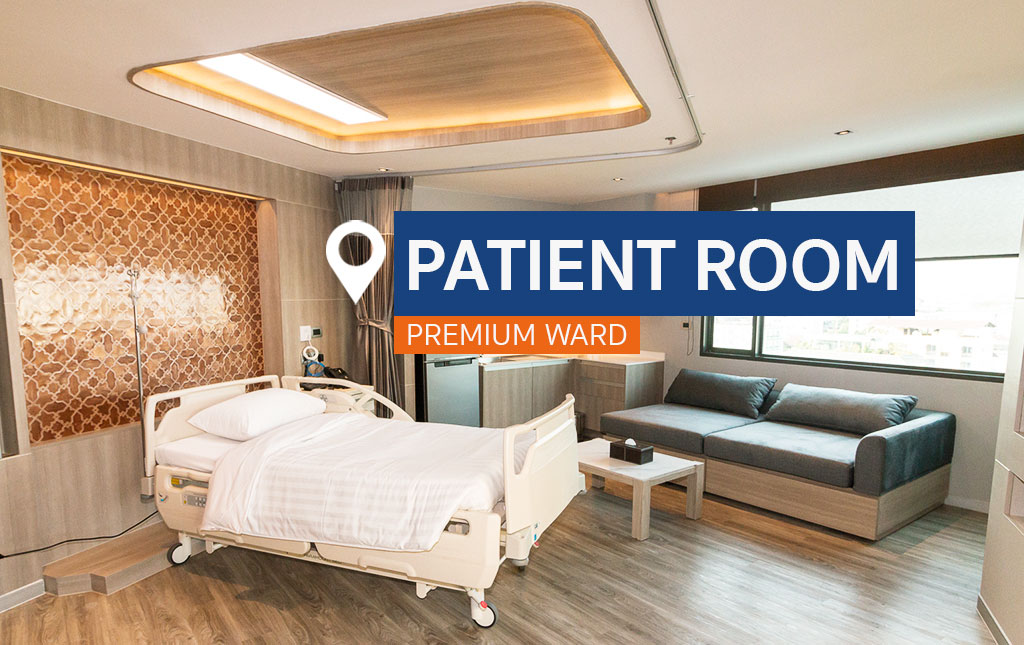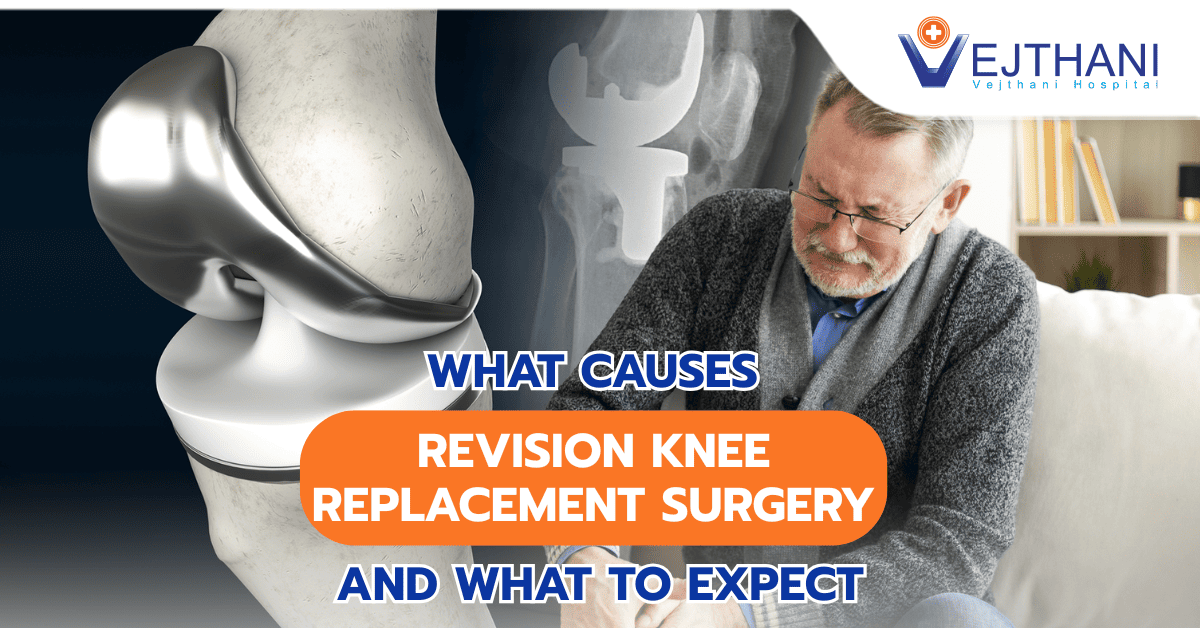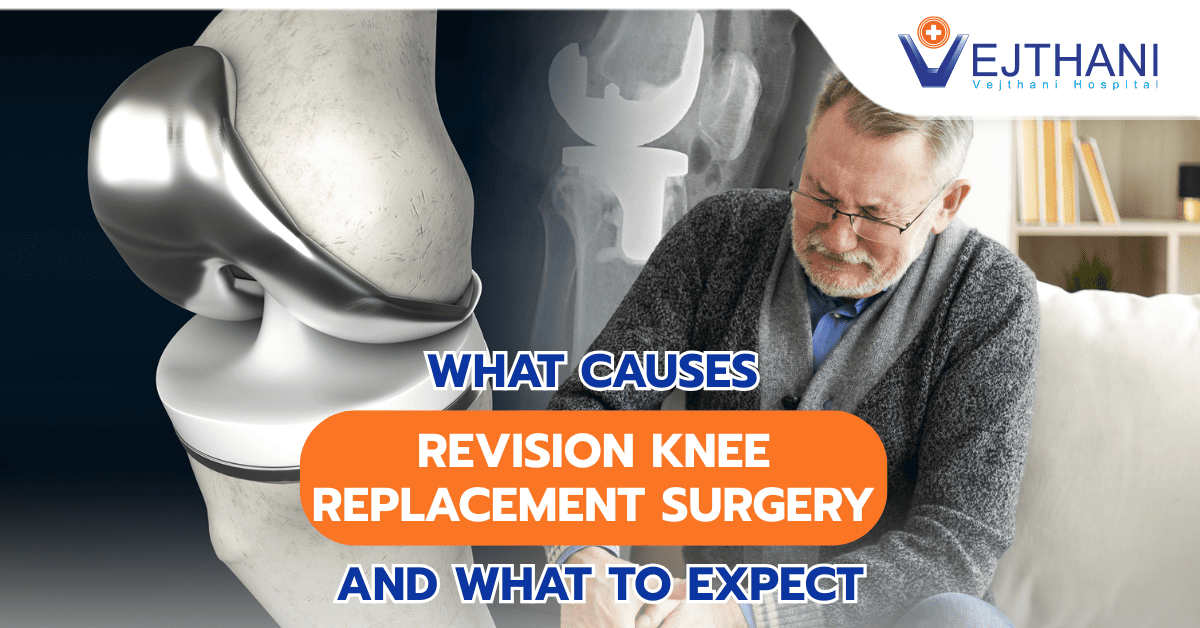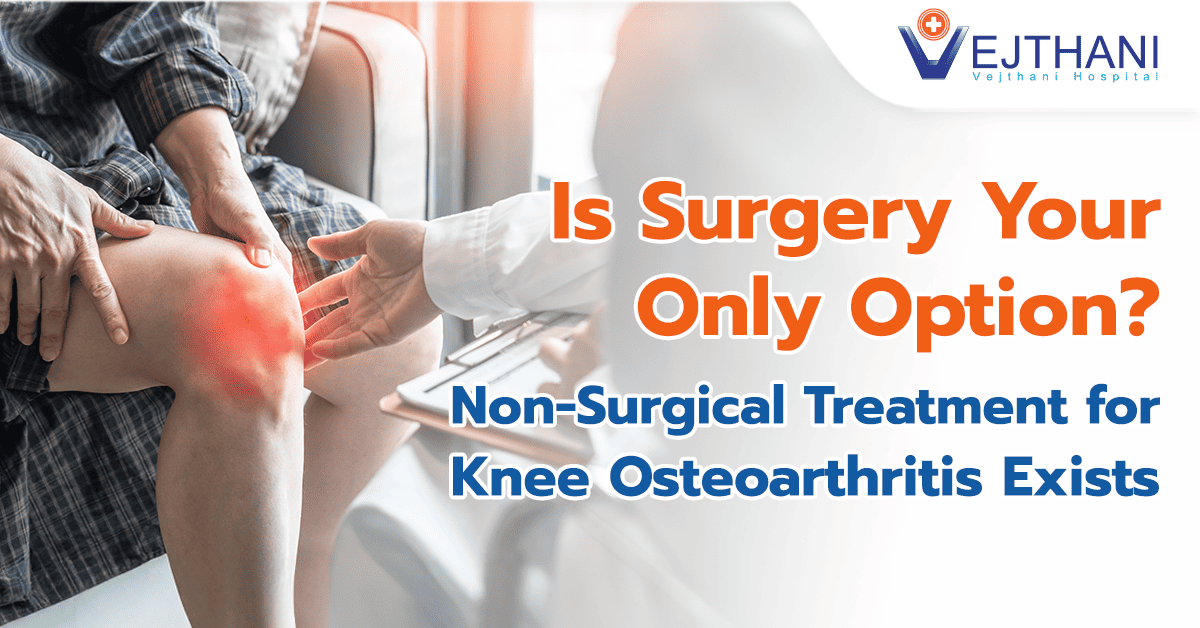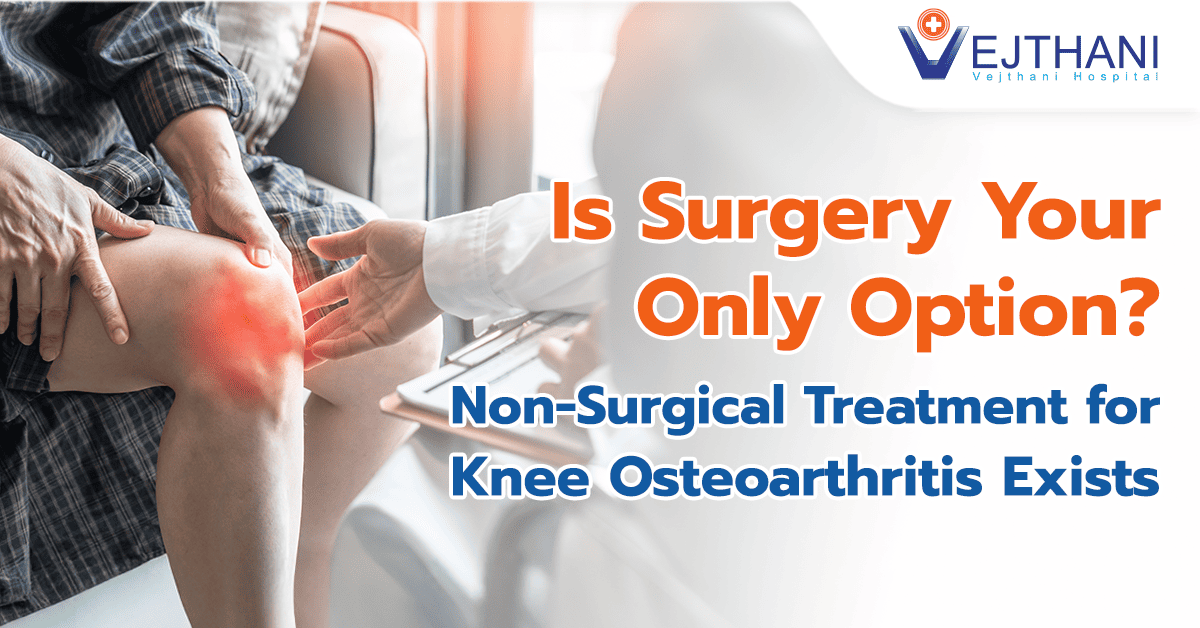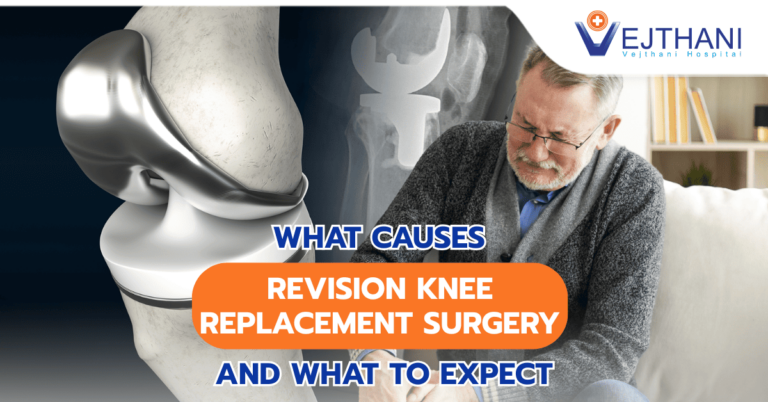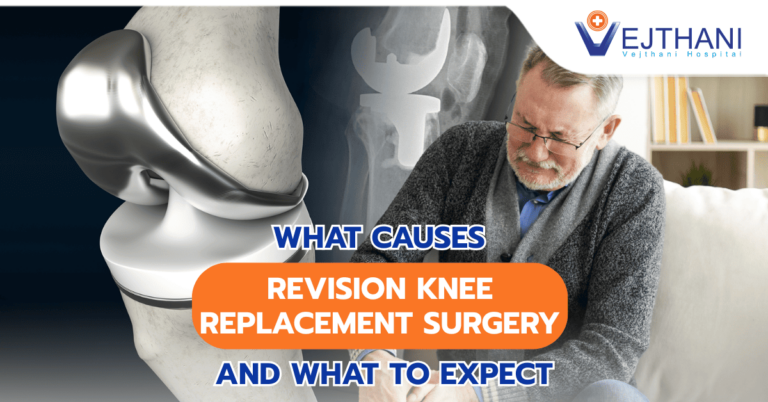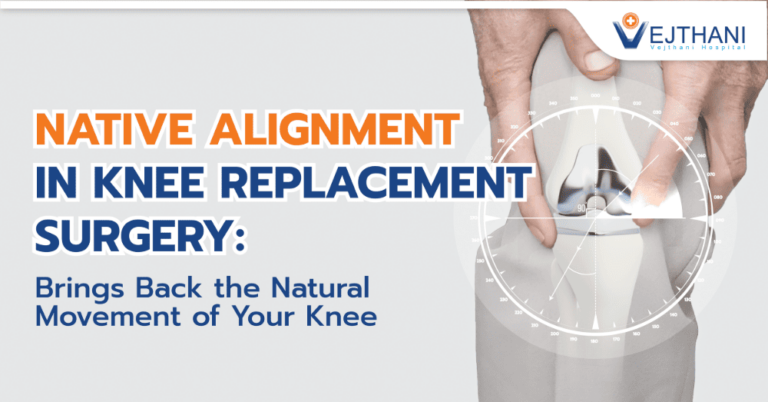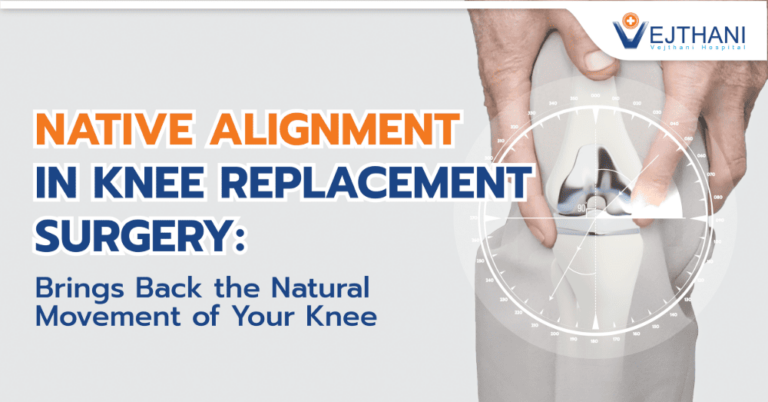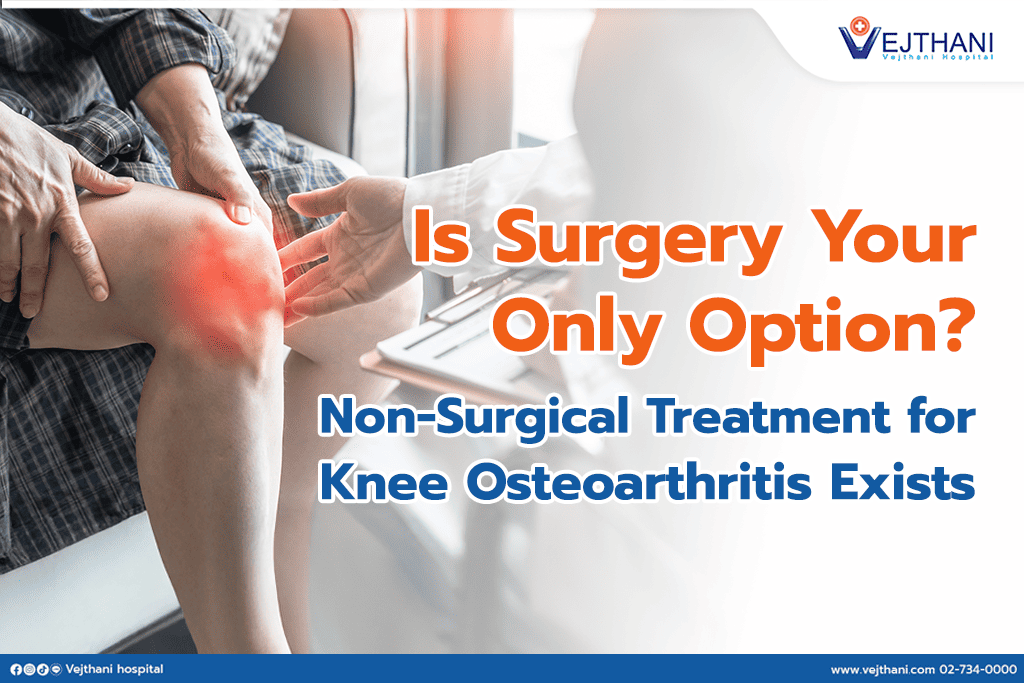
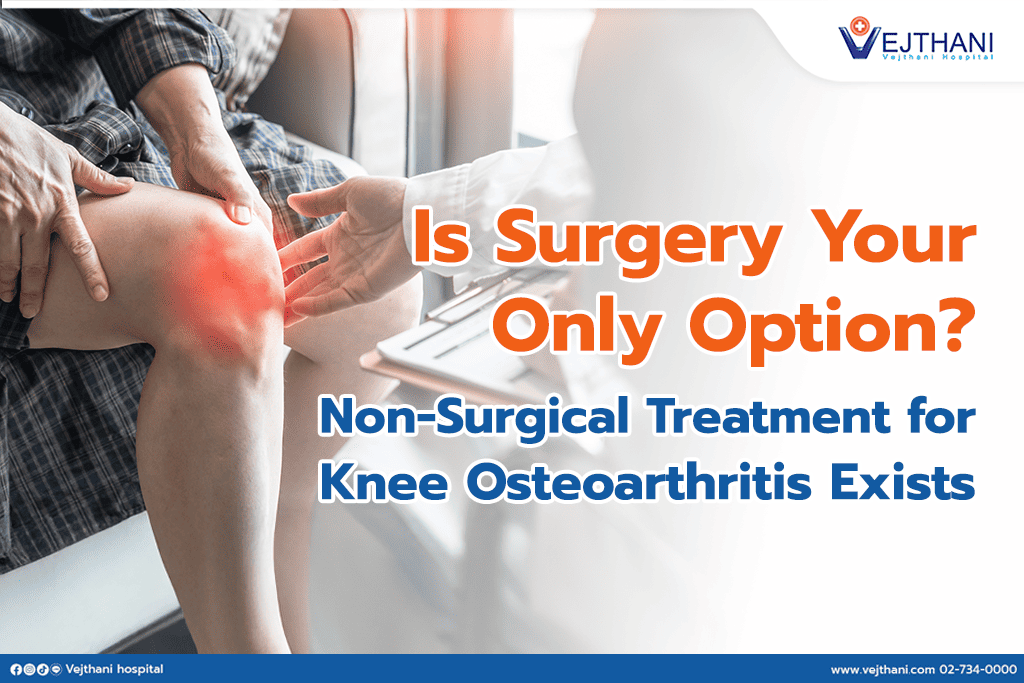
Knee pain can affect individuals of all ages and interfere with everyday tasks. If left untreated, the condition may progress to osteoarthritis, causing ongoing pain and reduced mobility. Currently, medical advancements offer safe, non-surgical treatment options that help reduce inflammation, restore joint function, and enhance knee flexibility, allowing individuals to regain confidence in their movement.
Assoc.Prof.Leut.Col. Bura Sindhupakorn, a total joint reconstruction (arthroplasty) surgeon at Vejthani Hospital, explains that osteoarthritis of the knee occurs due to the degeneration of cartilage, which serves as a cushion between bones. As the cartilage wears down, increased friction between bones leads to pain, swelling, and restricted movement. While this condition is most commonly associated with aging, it can also develop in younger people, particularly those with high-risk lifestyles.
Recently, there has been a noticeable rise in knee osteoarthritis cases among younger adults. This is often linked to activities that involve excessive knee flexion beyond 90 degrees, such as sitting cross-legged or frequently bending the knees. These habits contribute to cartilage thinning, surface roughness, and gradual deterioration. Over time, the weight-bearing nature of the knee joint may lead to further cartilage collapse and reduced elasticity, increasing friction during movement.
Signs of Knee Osteoarthritis:
- Knee pain, especially when standing up or kneeling
- Difficulty walking up or down stairs or getting up from a seated position
- A cracking sound in the knee joint during movement
- Swelling and inflammation of the knee
- Knee deformity or misalignment
- Stiffness, limiting full extension or flexion of the knee
If you experience persistent knee pain, Early diagnosis and treatment to prevent the symptoms from getting worse is crucial. Currently, there are non-surgical treatments available to alleviate symptoms and slow cartilage deterioration.
- Platelet-Rich Plasma (PRP) Therapy
PRP therapy involves extracting the patient’s blood and processing it to concentrate platelets, which contain growth factors that promote tissue repair, reduce inflammation, and relieve pain. This method is particularly beneficial for individuals with severe knee pain who may not tolerate steroid injections or who wish to delay surgery. However, PRP therapy may not be suitable for certain patients, such as those with low platelet counts or pregnant women. - Stem Cell Therapy for Cartilage Regeneration
Stem Cell therapy is an innovative approach to repair and regenerate damaged cartilage. Stem cells have the potential to develop into different types of cells, helping to restore lost tissue. This treatment serves as an effective alternative to surgery, aiding in the repair of worn-out cartilage, reducing inflammation, and enhancing flexibility in the knee joint. However, stem cell therapy should only be performed under the supervision of a specialized doctor, as patient suitability must be carefully assessed.
Knee osteoarthritis can significantly impact the quality of life. If left untreated, pain and joint stiffness may worsen, making movement increasingly difficult. Taking care of the knee through lifestyle modifications, avoiding excessive knee strain, and seeking appropriate treatment can slow disease progression, reduce pain, and improve joint function. Regardless of the treatment approach, all treatments should be conducted under the guidance of a doctor to ensure optimal safety and effectiveness. By taking proactive steps toward knee health, individuals can regain mobility and enjoy a more active, pain-free lifestyle.
For more information, please contact
Hip and Knee Center, Vejthani Hospital
Call: (+66)2-734-0000 Ext. 2222, 2223
English Hotline: (+66)85-223-8888
- Readers Rating
- Rated 5 stars
5 / 5 ( Reviewers) - Spectacular
- Your Rating








